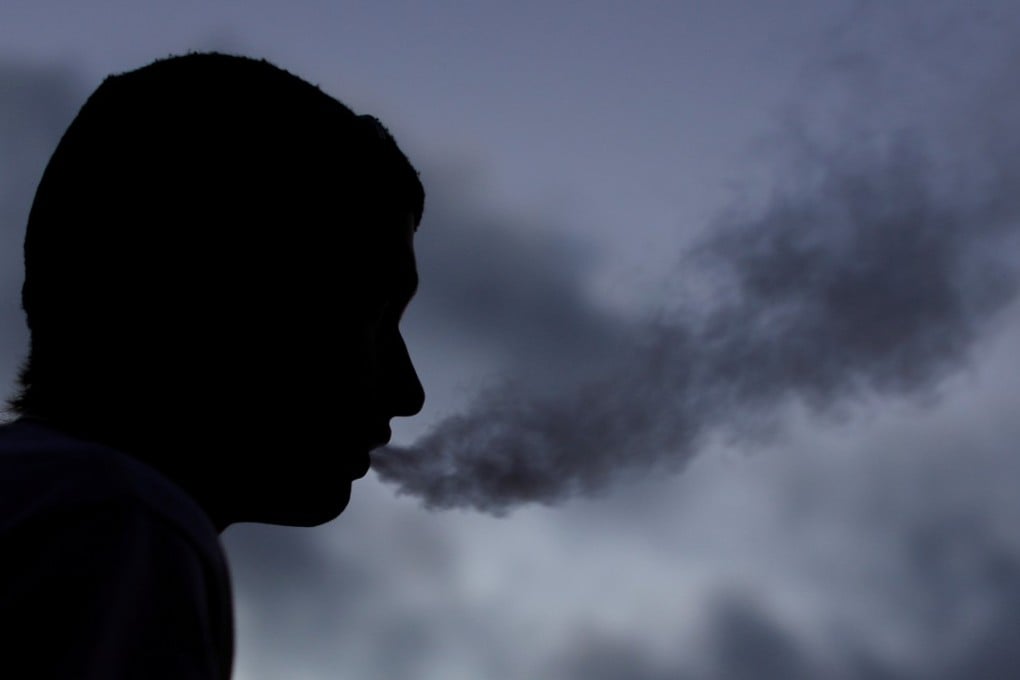Letters | Why Hong Kong should not treat cigarettes and e-cigarettes the same way

The role of government in the area of public health is surely the reduction in the risk of harm (for there can never be an absolute elimination of risk). So why, as Mr Hughes asks, is there no public acknowledgement of the comparative good of e-cigarettes in their containing fewer carcinogens, rather than the current attitude, seemingly shared by many first-world countries (my mother is Welsh and Wales decided to proudly become one of the first countries to ban the use of e-cigarettes outdoors, a decision which beggars belief when you consider a road network suffering a preponderance of diesel-engine vehicles).
I have read of political concerns over young people being attracted by the perceived glamour of e-cigarettes as a justification for a ban. Well, politicians either have very short memories or they need to talk to their parents about this. For my mother once told me that cigarettes carried a glamour in popular culture for her and her teenage friends when they were introduced, a glamour to which they succumbed.